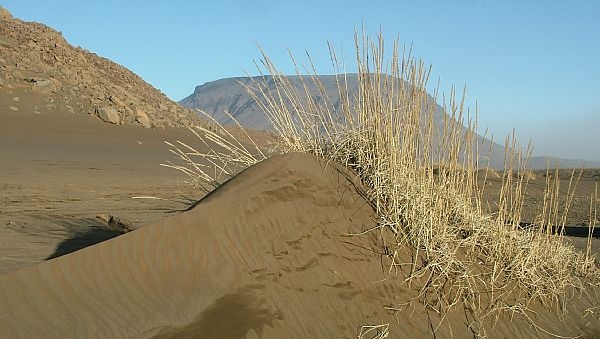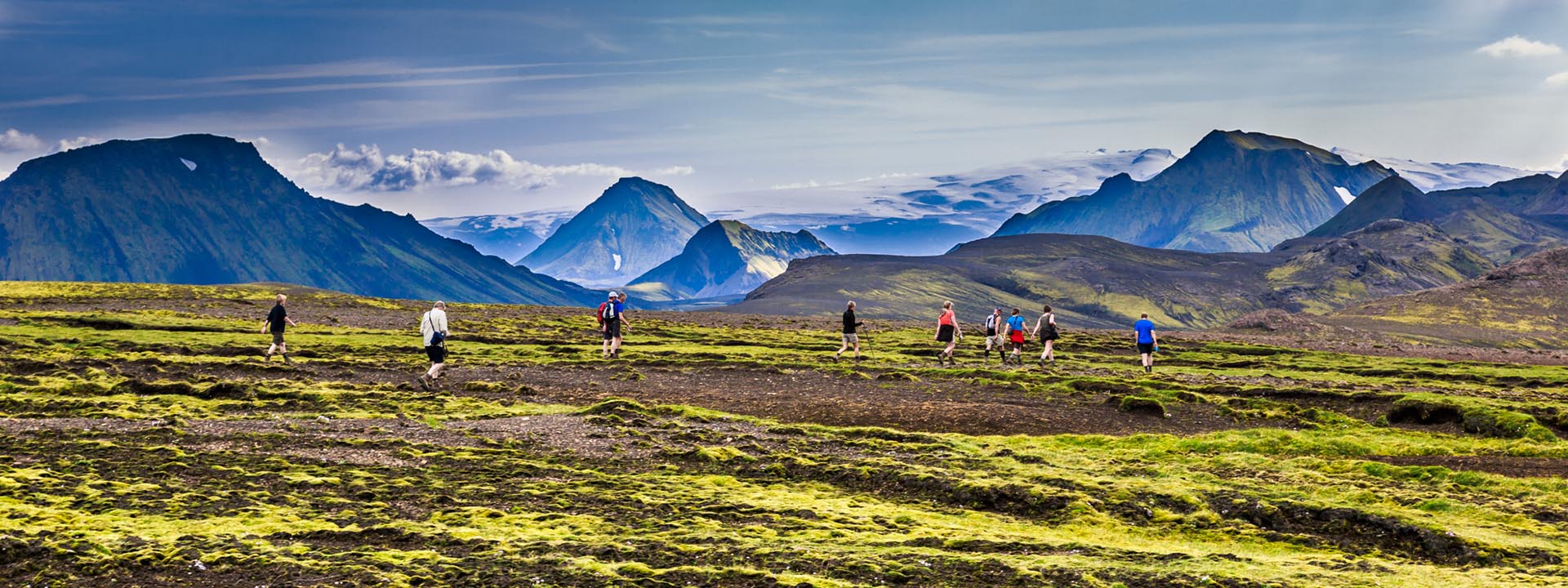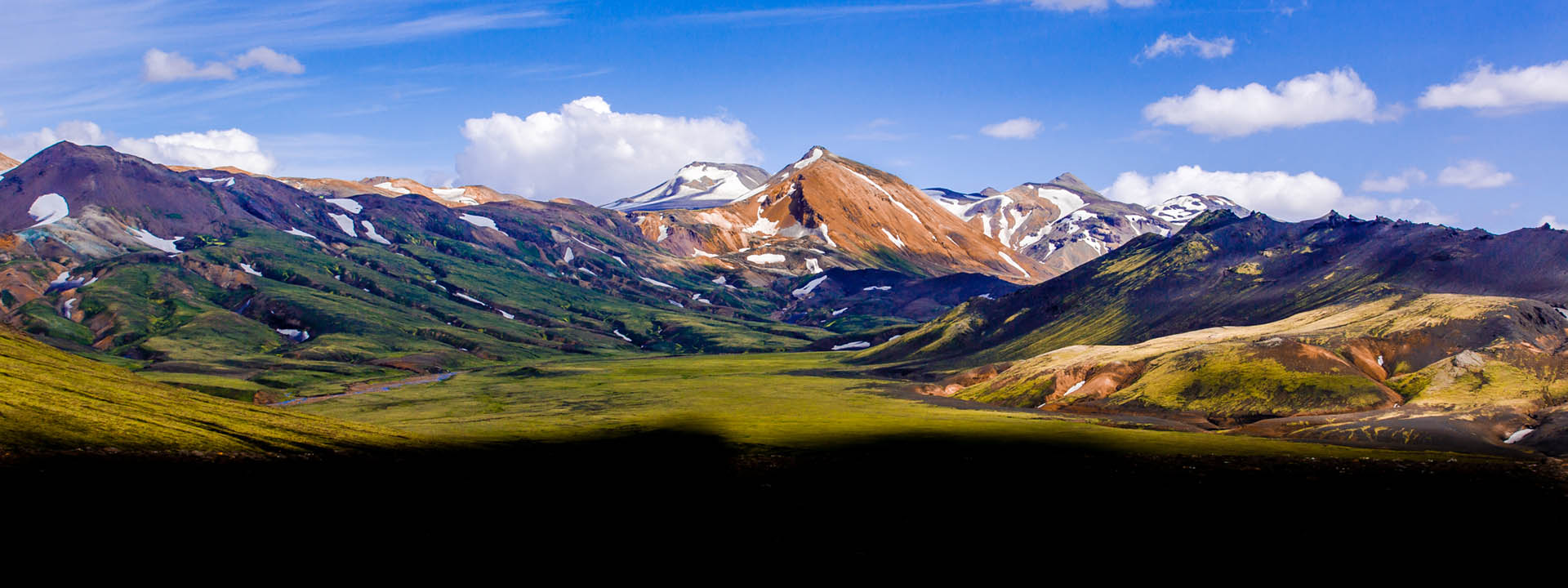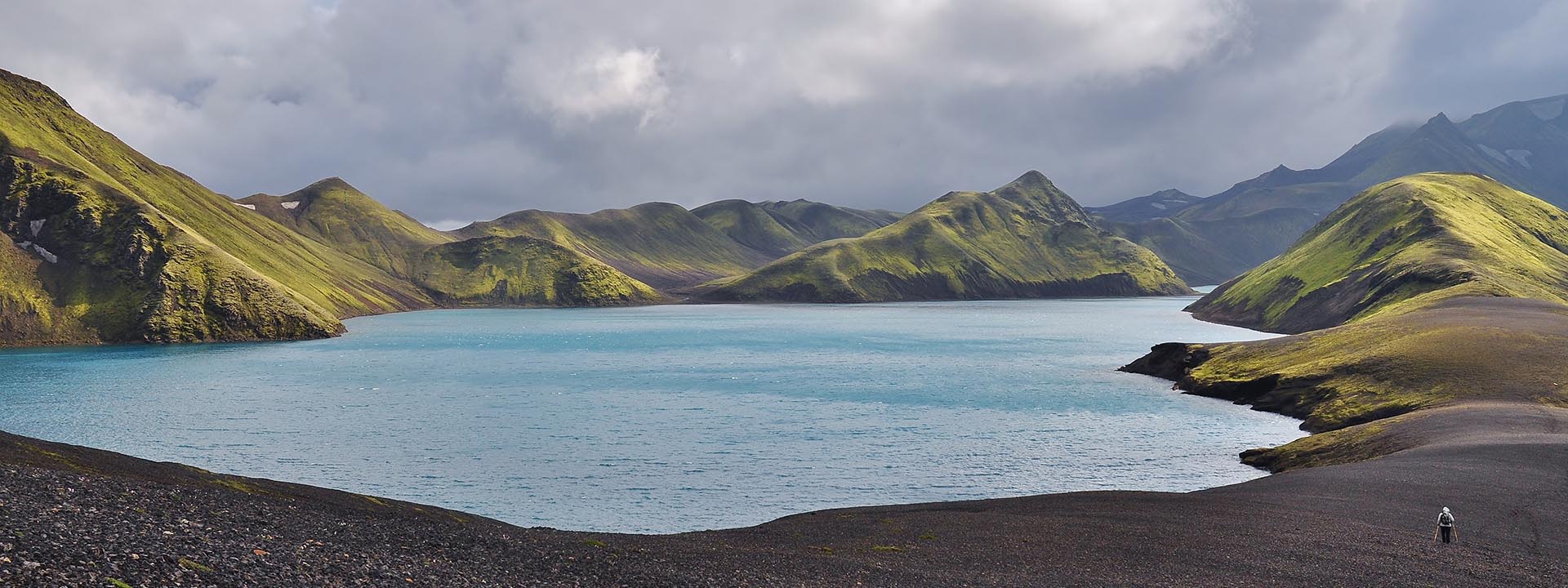Landvernd received an inheritance from Áslaug Harðardóttir in 2012. The funds were to go into revegetation of eroded land in the South of Iceland and it was decided to use the funds for the development of a long-term project in the field of environmental education among school pupils, teachers and their local community in Hella, Hvolsskóli and Þjórsárskóli elementary schools, all of which are Eco-Schools in the South of Iceland. The project is in collaboration with the Soil Conservation Service of Iceland and the aforementioned schools.
The project involves ecological restoration and its importance for halting soil erosion, protecting biodiversity and fighting climate change. Intermediate elementary students, under the guidance of teachers, staff from Landvernd and the Soil Conservation Service of Iceland, will set up experimental areas in ecological restoration (revegetation) of eroded land in the South. Students will measure vegetation, research animal communities and various environmental factors before carrying out ecological restoration in order to assess the performance afterwards. They will monitor changes in the areas’ vegetation and animal communities and biodiversity and figure out how much carbon (or carbon dioxide as a greenhouse gas) from the atmosphere is sequestered by their actions. Students will sow or put fertilizer in the experimental fields and assess the results later. Thus, students become active participants in actions of ecological restoration and as these actions are put forth as an experiment, students will also learn scientific methodology. Students will then process the data they collect and present their findings to their school and local community. Education, training and youth involvement in addressing the challenges of environmental issues at a local level are among the key factors in contributing to changing attitudes and conduct towards nature within the whole community. In the future the project could become a model for environmental education in ecological restoration in Icelandic schools.
The project will bring about an increase in young people’s knowledge of important global environmental issues, the ability to understand their causes, consequences, and interactions, the ability to comment on them in both speech and writing and the ability to address certain issues in a democratic way. Furthermore, the project will increase teachers’ capacity to deal with complex environmental issues. It’s entirely possible that all this knowledge will then spread to the local communities. Therefore, there will be a focus on fostering such multiplier effects, including surveys and student presentations of their findings to the community outside the school. Landvernd hopes that over time the project will influence the local community and thus increase interest and public participation in ecological restoration actions in the area.
The project is also funded by the Ministry for the Environment and Natural Resources.




